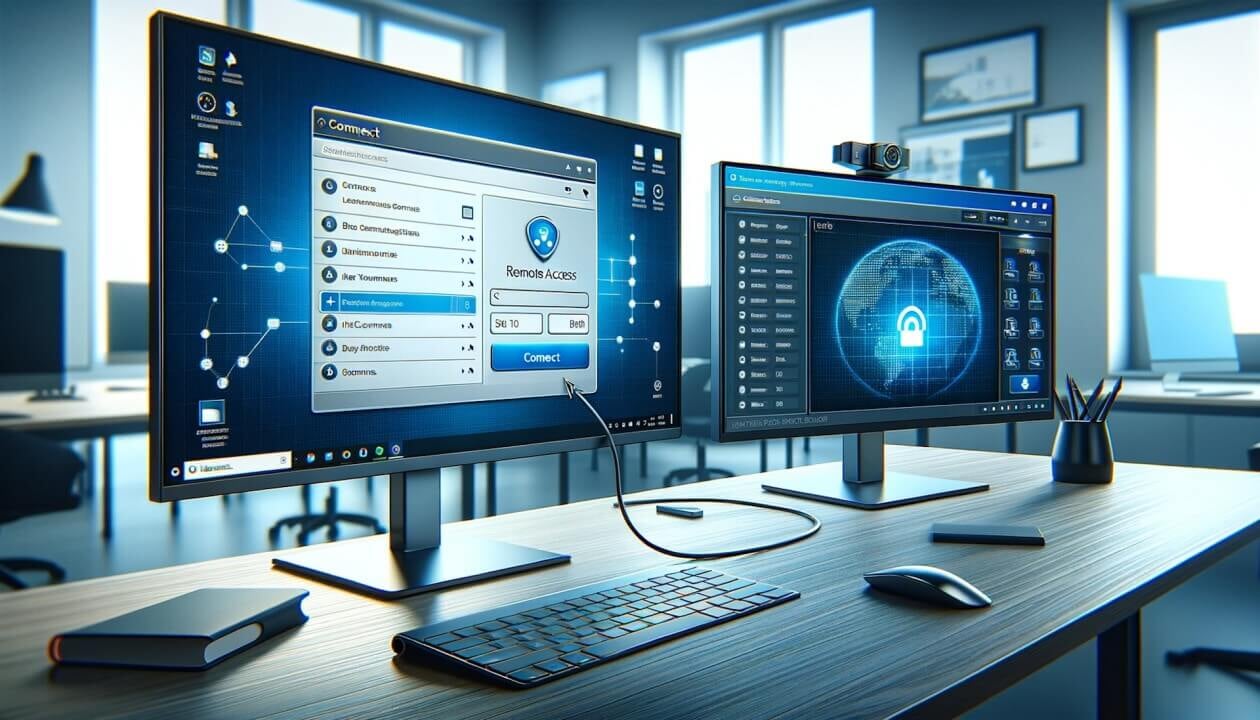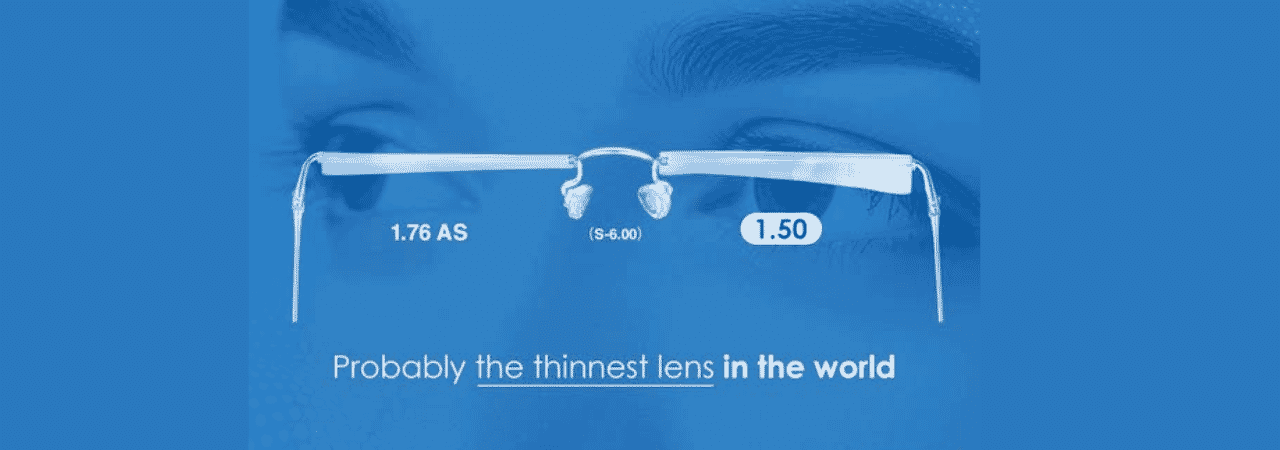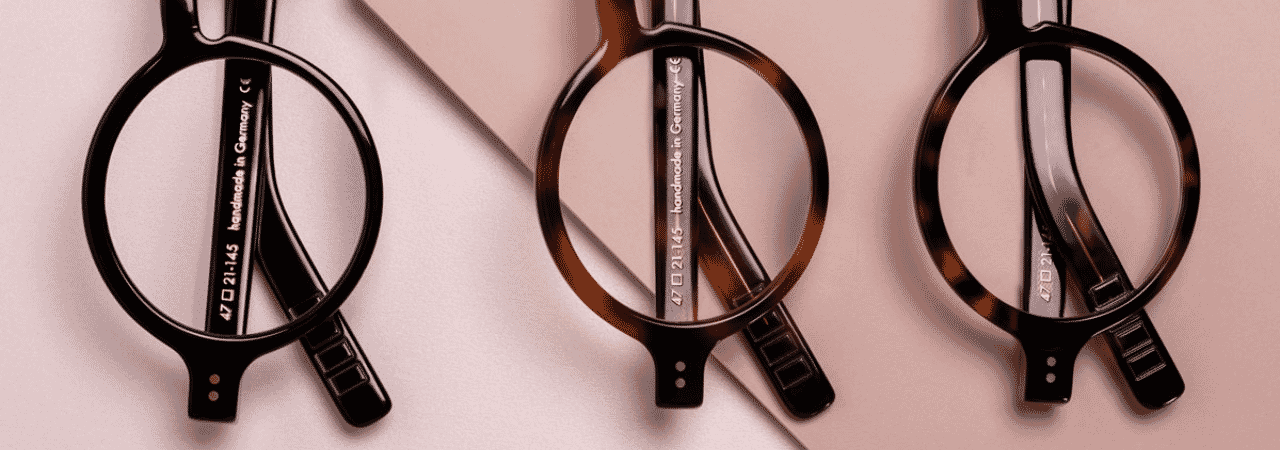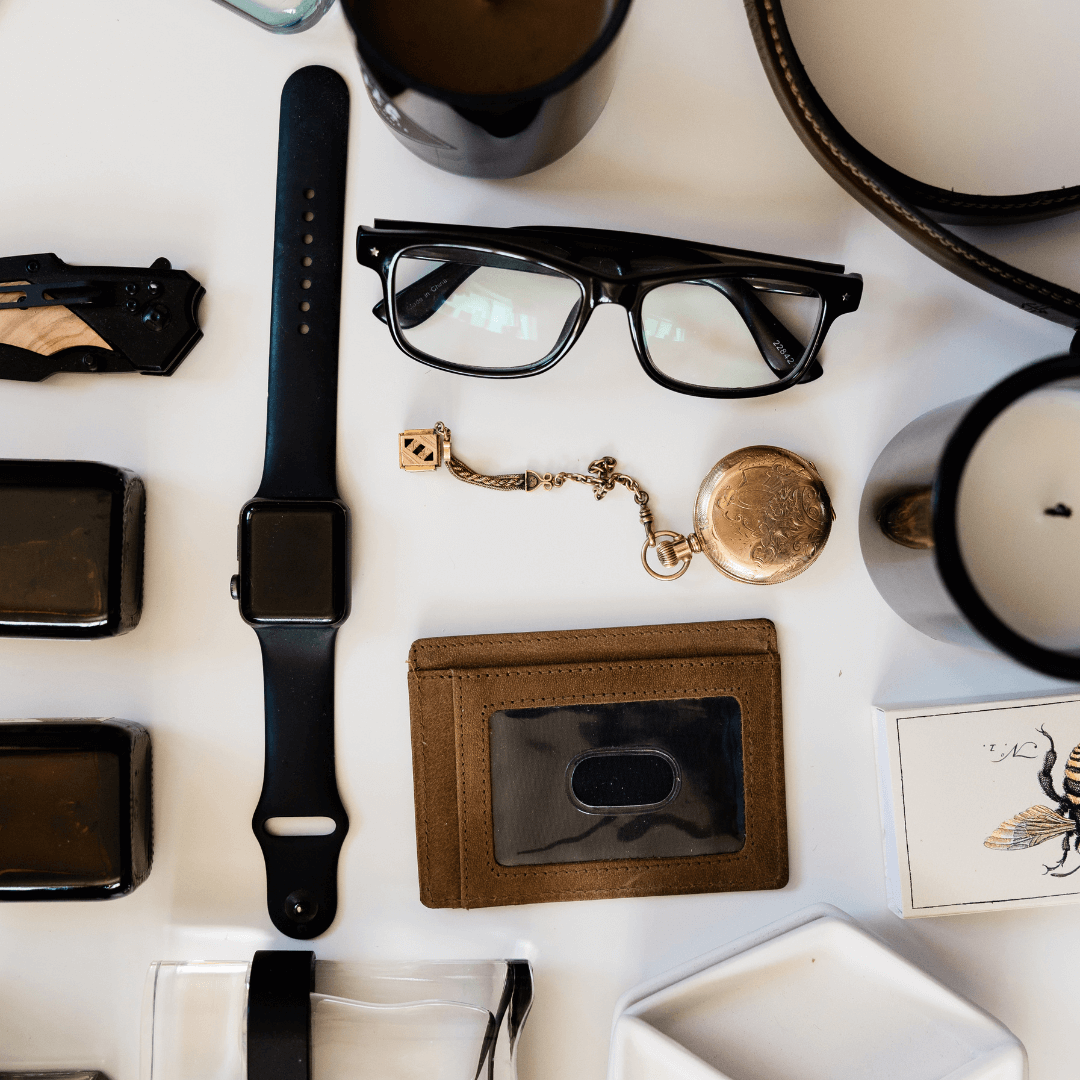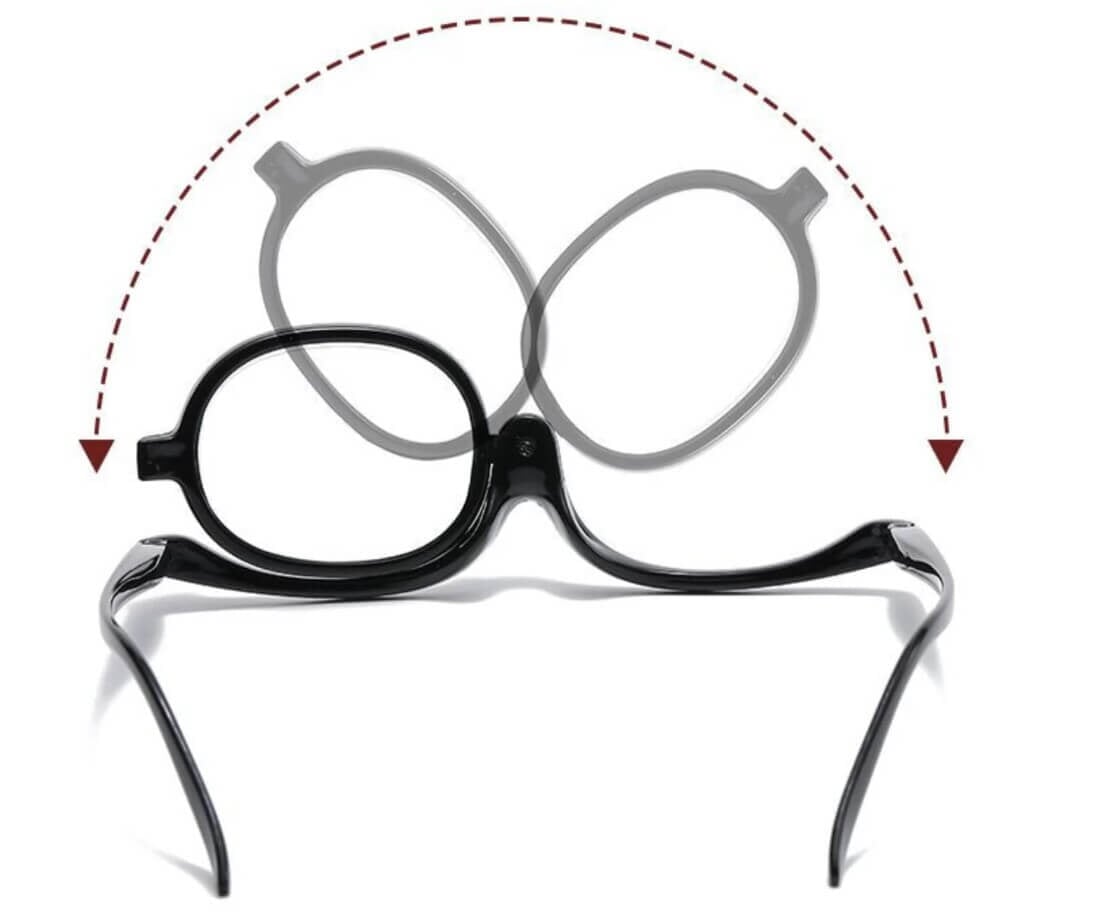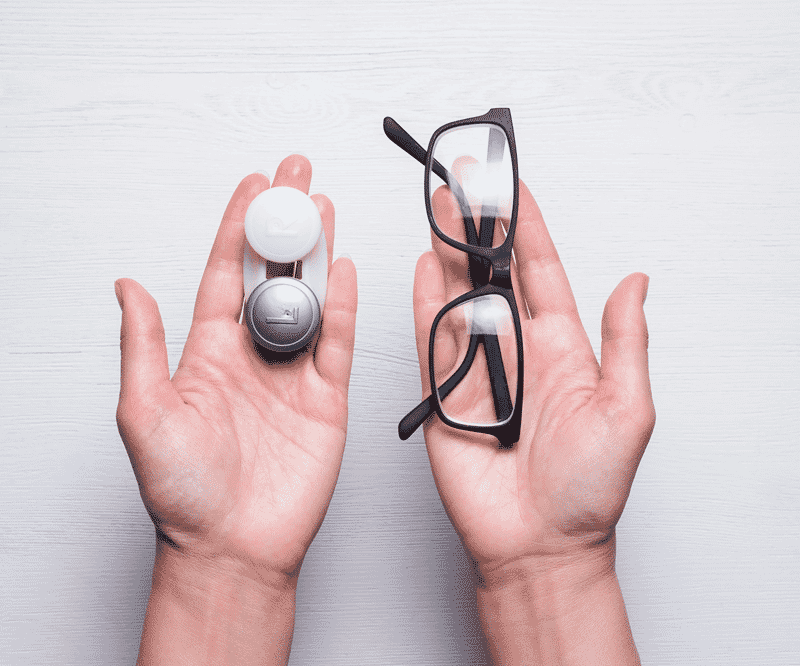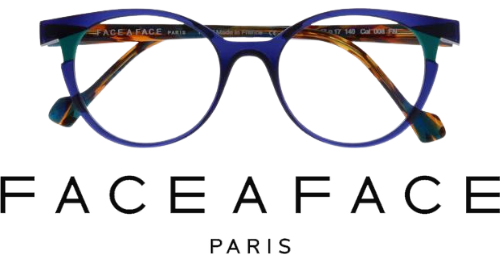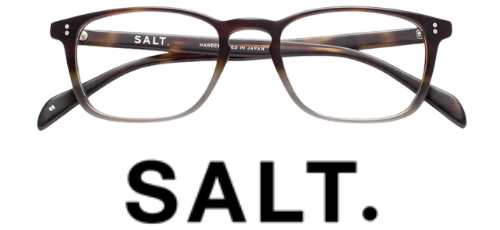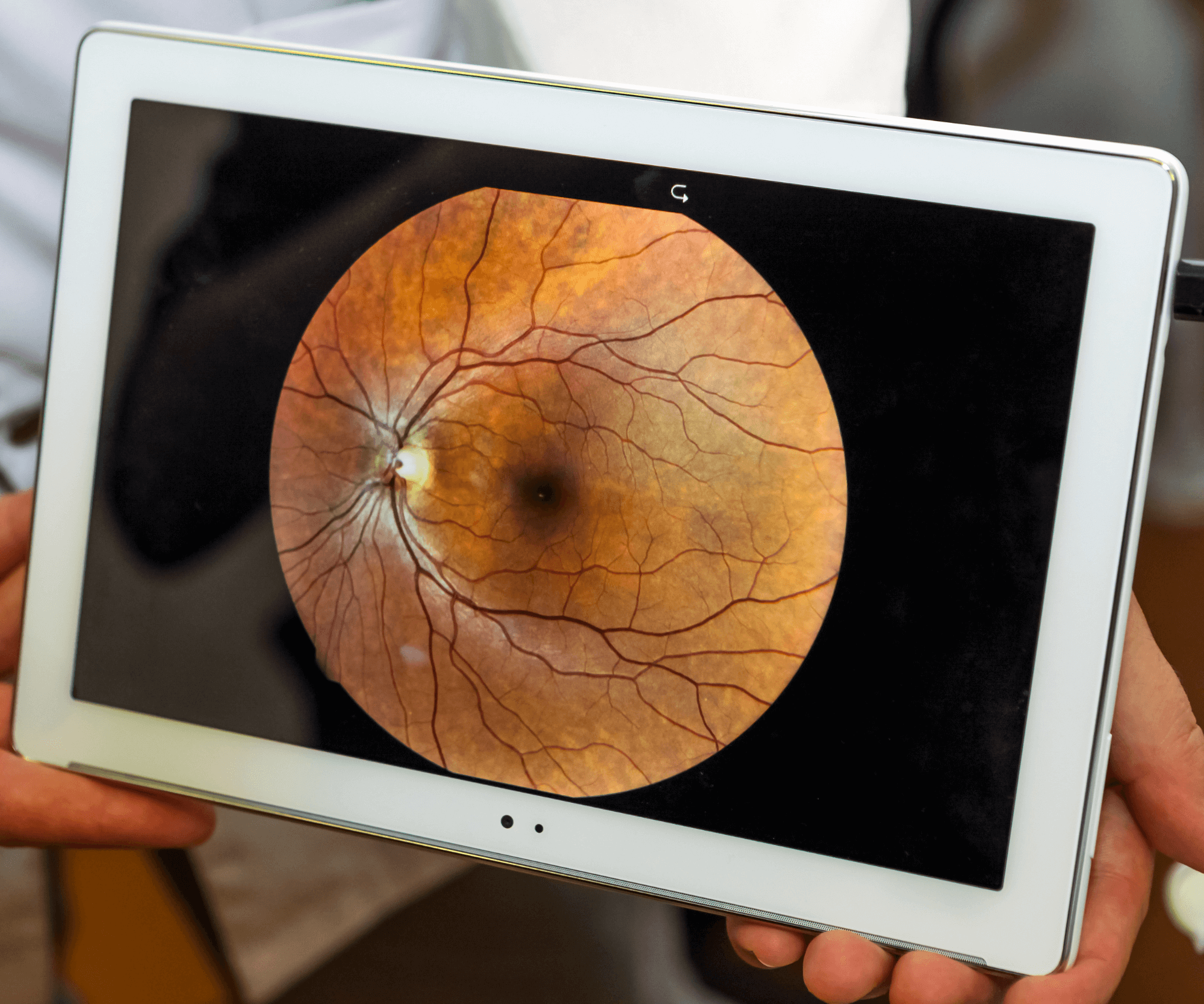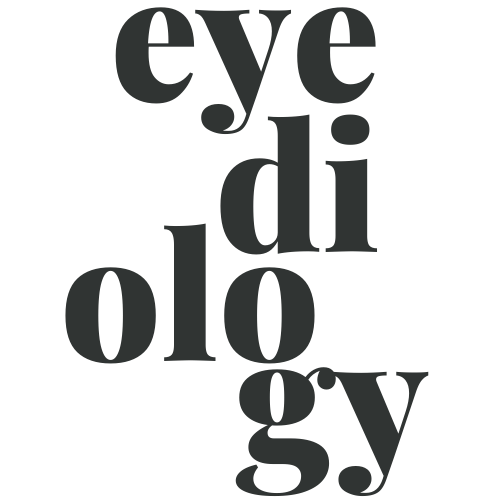In today’s digital age, it’s common to worry about the impact of prolonged computer use on our eyesight. Many people blame computers for worsening vision, but the reality is more nuanced. Conditions like myopia (short-sightedness) and presbyopia (age-related difficulty in focusing on close objects) are often mistakenly attributed to computer use. Understanding these conditions and their causes can help clarify the true effects of screen time on our eyes.

Myopia and Presbyopia: Common Misconceptions
Presbyopia
Presbyopia is a natural phenomenon that everyone experiences as they age. This condition makes it harder to focus on close objects and is more noticeable during tasks requiring near vision, such as using a computer, especially for extended periods. However, presbyopia is not caused by computer use; rather, it is a normal part of the aging process.
Myopia
Myopia, or short-sightedness, is more complex. This condition is related to the length of the eyeball itself. In fully grown adults, myopia is unlikely to worsen because the eye has stopped growing. However, in children and young adults, the situation is different. As their eyes are still developing, they can grow longer, leading to increased myopia. Close-up tasks, such as reading, playing games, and using mobile phones, have been shown to increase the risk of myopia progression. Therefore, while computers can contribute to myopia progression in young people, it is the prolonged close-up work, in general, that is the underlying issue.
Computer Use and Eye Health
For many, symptoms commonly attributed to computer use include:
- Dry eyes
- Tired eyes
- Headaches
- Eye strain
These issues are usually caused by factors like reduced blinking, poor environment, lack of regular breaks, and poor diet and sleep habits. They are generally not indicative of long-term vision damage but can be uncomfortable and impact daily life.
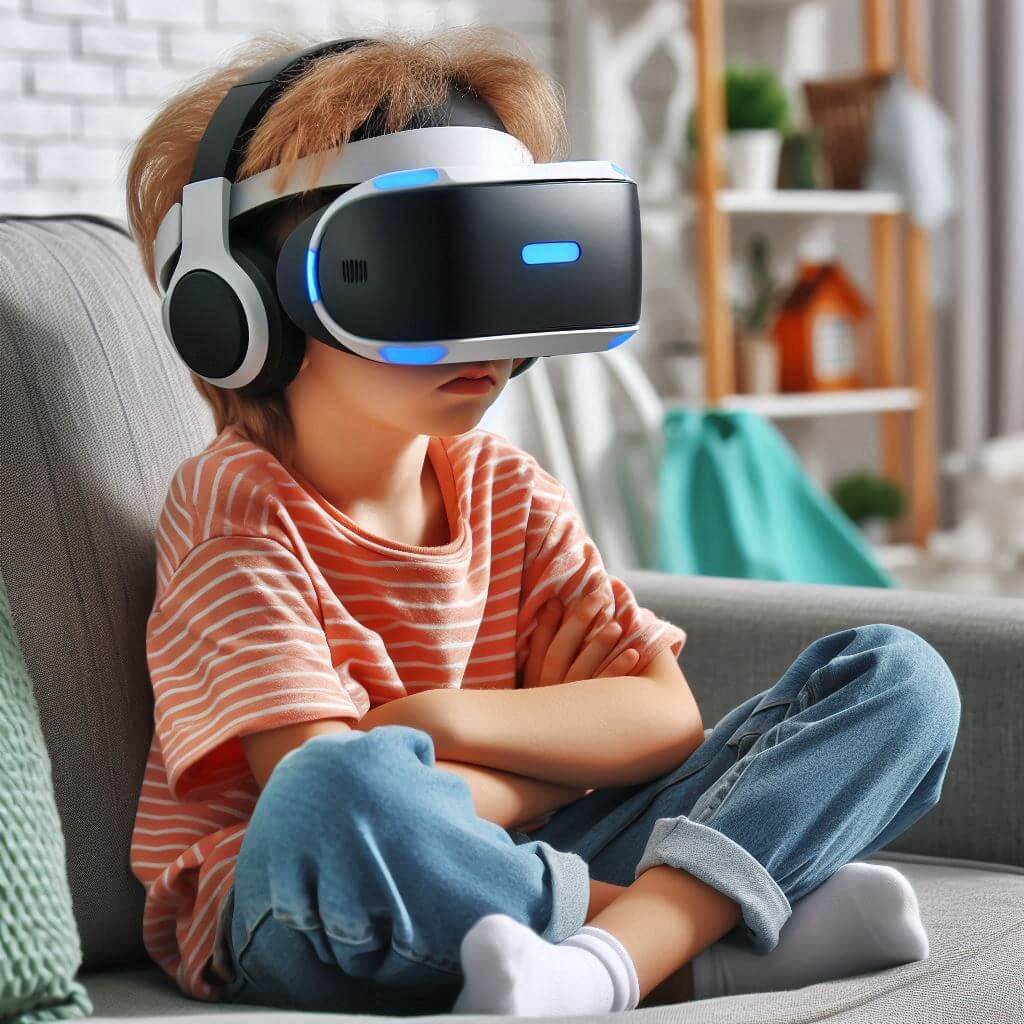
The 20/20/20 Rule
To help alleviate eye strain from near and intermediate distance tasks, such as computer use, both adults and children can follow the 20/20/20 rule: every 20 minutes, take a 20-second break and look at something 20 feet away. This simple practice can help reduce eye strain and promote better eye health.
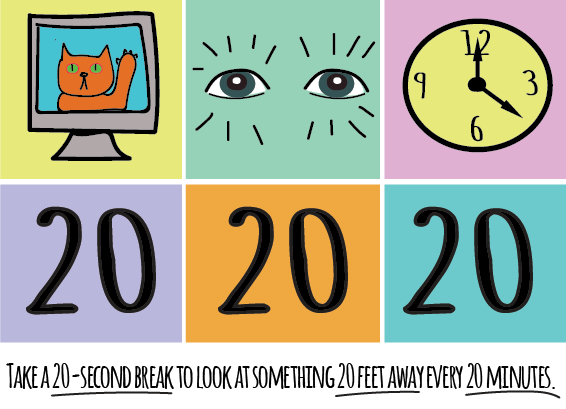
Learn More About Myopia Management
To learn more about managing myopia, visit the myopia management section on our website. If you’ve noticed changes in your vision, it’s always best to book an eye exam. Contact us today to arrange your eye examination and get personalised advice for maintaining your eye health.
Conclusion
While prolonged computer use can cause discomfort and strain on the eyes, it is not solely responsible for worsening vision conditions like myopia or presbyopia. Understanding the true causes of these conditions and practising good eye habits can help mitigate the negative effects of screen time.


